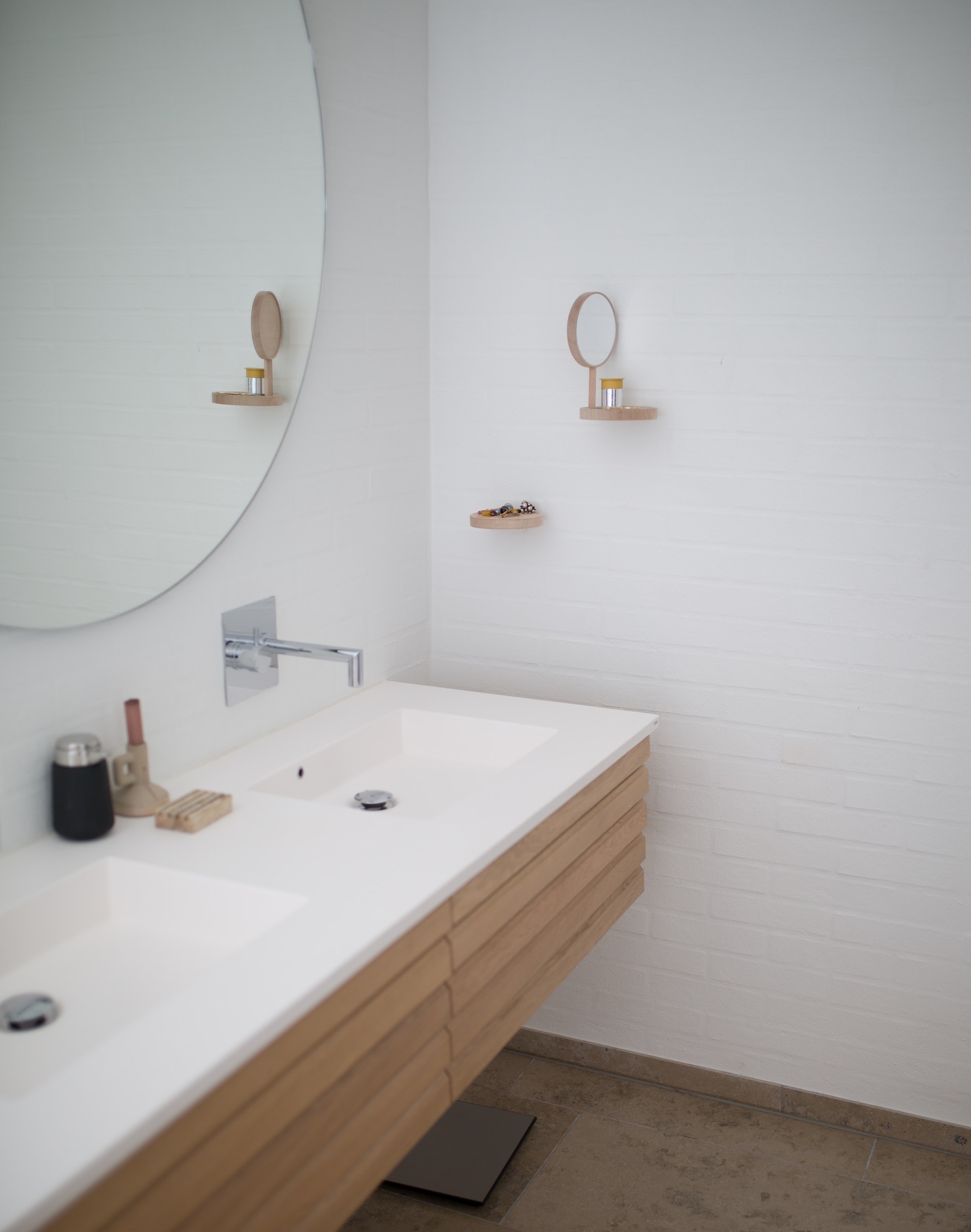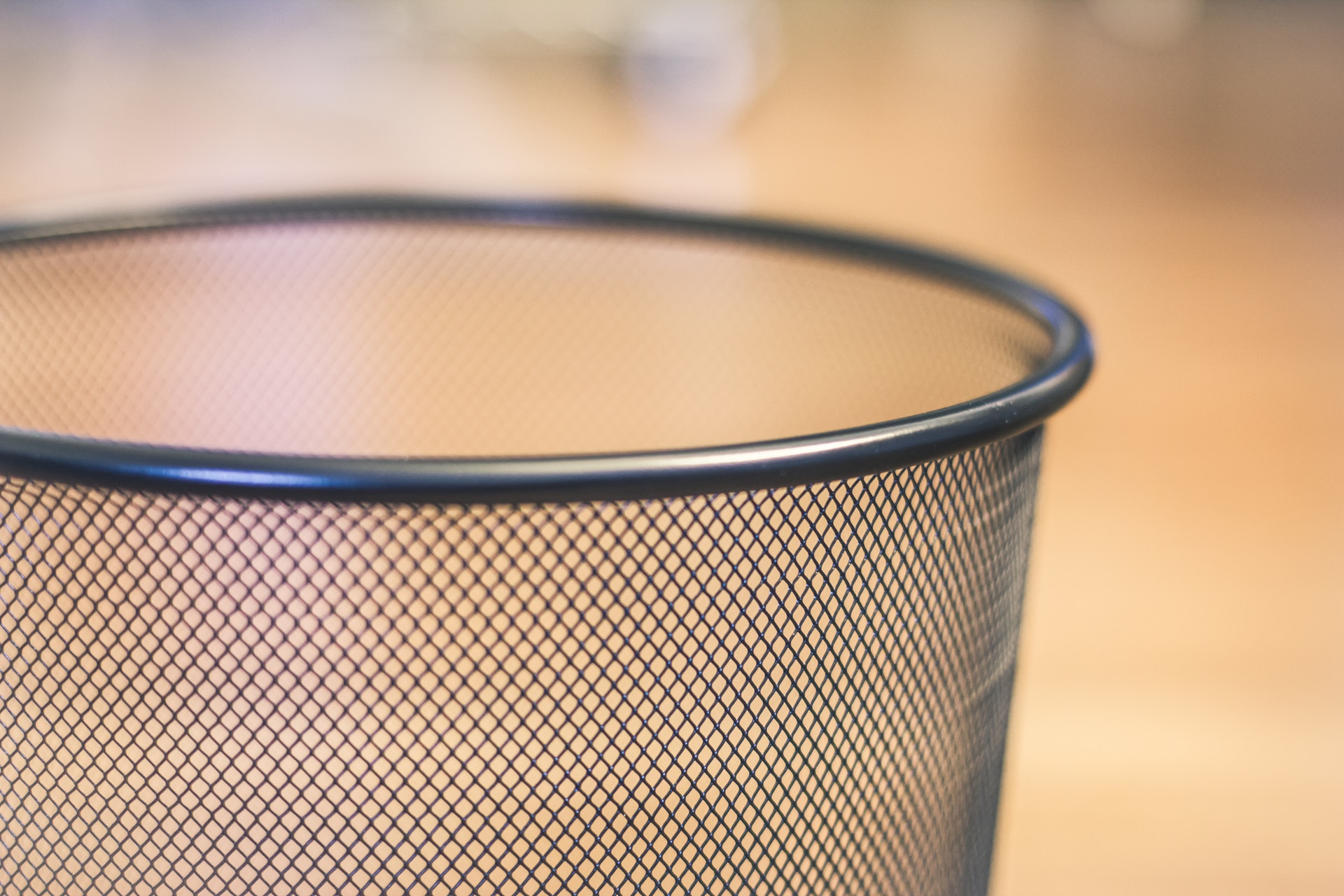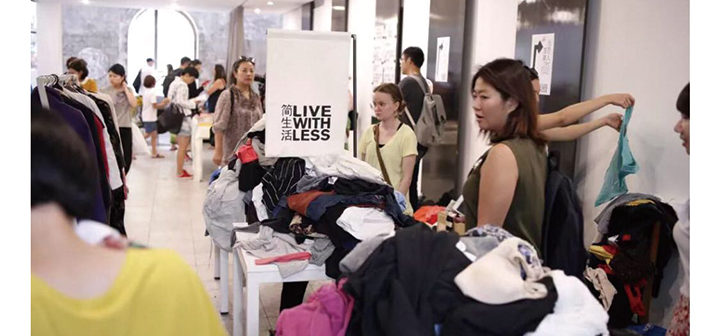Living more sustainably should be a goal for us all because of the challenges facing humanity and our planet. Yet, the pull of consumptive behavior is a strong one, and it’s hard to break away from a culture we have grown up in. Our habits of consuming without thinking about it are having an enormous impact on our resources, and it is time that we all became more conscious about our behavior.
We can’t escape the fact that we still do need to consume. So along with supporting local artisans and producers of goods that do so ethically and responsibly, another excellent option is to buy secondhand. Certainly there is a stigma about buying secondhand goods – you don’t know where they have come from or the kind of life they had before – but as consumers are making more sustainable choices, the market for secondhand items is growing quickly, with secondhand clothing, in particular, expected to make up 1/3 of wardrobes by the year 2033, according to the Thredup Resale Report.
Why should you consider buying second hand? For a start, it’s simply more sustainable. So many resources go into producing our goods. In fact, 1,800 gallons of water are used to make one pair of jeans, not to mention the damage the production process does to the environment. Buying secondhand clothing, furniture, or any other item, ensures an item is used for its entire life span and reduces the need to keep producing more.
Some items should always be bought new (think bed linen, towels, and mattresses for example), and if you are planning to purchase any new items, then look for great quality that will last you for decades to come.
Meanwhile, if you need new clothes for yourself or for the children or some new furniture, art or décor for your home, then explore these options for second-hand shopping in Beijing.
Roundabout Boutique Store
Beijing’s ultimate secondhand store with everything from clothes, kitchen utensils, bikes, sports equipment, furniture, books, toys, you name it, they will probably have it! Roundabout supports many local charities through their work. Cathay View Plaza, No. 2 Xiangjiang Bei Lu, Chaoyang District, Beijing
Live With Less Swaps
Held regularly in various locations across Beijing, you can bring things you don’t need anymore, and then take things you do need. For upcoming events, follow WeChat ID: Crossboundaries.
Car Boot Sales
Many international schools hold large scale car boot sales where people pay a small fee to sell their unwanted items. Watch out for these at Dulwich College Beijing (DCB), the International School of Beijing (ISB), and The British School of Beijing, Shunyi (BSB Shunyi).
Clothes Auction Network
Held multiple times a month in private homes, women of all sizes gather together to share their unwanted clothing and raise money for charity. For upcoming events, contact WeChat ID: becstarnz
WeChat Buy and Sell Groups
With various groups for kids stuff, clothing, household items, WeChat groups are an invaluable way of finding items that you need.

Splish Splash Without the Trash Your Guide to a Waste-Free Bathroom
Next time you are in the bathroom, take a good look in your shower and cupboards. Although it’s usually the smallest room in the house, it’s responsible for producing a lot of waste that ends up in the landfill for the next thousand years. Although a lot of shampoo bottles and toilet rolls are recyclable, they usually aren’t, so the simplest thing to do here is to switch your necessities to zero waste alternatives.
Choose regular bar soap in paper packaging, as opposed to liquid soap in plastic dispensers. Shampoo and conditioner bars are readily available online here in China. For shaving, switch to a metal razor instead of plastic disposable ones, and bamboo or wooden toothbrushes will keep your teeth clean while ensuring that all your plastic ones aren’t still lingering around in the year 3019.
Changing to more environmentally friendly alternatives will have the added benefits of saving you money, and protecting your family from all the harmful chemicals and toxins that are within common household products.

Sorting Your Waste Beijing Style
If you’ve been living in Beijing for any amount of time and have come from a country with a particularly stringent waste management system, there is no doubt the system here will have you confused. Do you sort the recyclables? Why is everything thrown in together? Are they collected? Is anything actually recycled?
We’ve put together a handy guide for you to help you with your garbage woes.
1. Food scraps: the first thing you must do is separate your organic matter. If you can’t (or don’t want to) compost, then at least collect your food scraps in a separate bag and dispose of it in the ‘other waste’ bin. This will prevent cross-contamination of recyclable items.
2. Recyclables (plastics and paper/cardboard): wash them and put them in a separate box or bag next to your communal garbage bins. Many compounds have people who will come and collect these items to sell to the recycling companies. It’s helpful for them if they don’t have to dig through the bins to find things they can sell, although they will do this anyway. If you know for a fact that all the garbage is combined, there is a good chance it will be sorted later, so it still makes sense to keep the food waste separate, bag your ‘other waste’, and keep your recyclables clean and loose.
3. Always put ‘recyclable’ items and ‘other waste’ in the correct bins to model good behavior.

This article appeared in the beijingkids May 2019 Identity issue.
Photo: Courtesy of Live With Less; Rene Asmussen and Steve Johnson via Pexels




